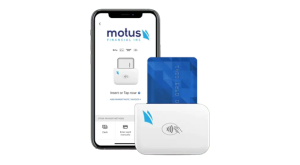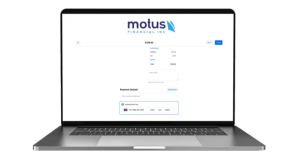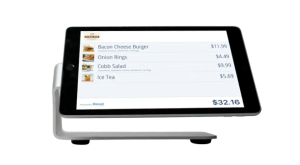Visa and Mastercard Surcharge News
The subject of surcharging has caused a great deal of confusion in the credit and debit card acceptance industry. In November 2012 the United States District Court for the Eastern District of New York preliminarily approved a proposed settlement agreement in the In re Payment Card Interchange Fee and Merchant Discount Antitrust Litigation, which has put some clarification around surcharging.
As a result of the settlement agreement, Visa and MasterCard recently changed their Operating Regulations, giving merchants in the U.S. the ability to surcharge credit card transactions beginning January 27, 2013. To assist you in understanding the new rules Motus Financial has compiled the following summary of the changes:
What is a surcharge?
- A surcharge is an additional fee that a merchant adds to a consumer’s bill when a credit card is utilized for payment.
Can I add a surcharge to transactions made with a credit card?
- Under the settlement, U. S. merchants have the option of adding a surcharge to credit card transactions. However, merchants must decide if they want to surcharge at the ‘brand level’ or the ‘product level’, but not both.
- Brand Level surcharging applies the same surcharge to all credit card transactions for a particular brand (Visa or MasterCard).
- Product Level surcharging applies to a particular type of Visa or MasterCard credit card (e.g. Visa Signature, World Elite MasterCard).
What are the rules for ‘brand level’ surcharges?
- The surcharge must be the same for all credit card transactions of that brand, regardless of issuer.
- The surcharge must be no greater than the merchant’s average discount rate for that brand’s credit card transactions.
- The surcharge cannot exceed 4% in any event.
- Additional requirements may apply for merchants that accept multiple card brands.
What are the rules for ‘product level’ surcharges?
- The surcharge must be the same for all transactions of that particular product, regardless of card issuer.
- The surcharge must be no greater than your average discount rate for credit card transactions of that particular product, minus the regulated debit interchange rate.
- The surcharge amount cannot exceed 4% in any event.
- Additional requirements may apply for merchants that accept multiple card brands.
Is surcharging limited to credit card transactions?
- Yes, surcharging is allowed only on credit card transactions, it is prohibited on debit and prepaid card transactions.
How should I handle surcharges for other payment networks?
- For U.S. merchants that accept credit cards from other payment networks, including American Express, Discover and PayPal, surcharging practices are subject to a competitive “level playing field” limitation.
- If you accept a competing payment network brand of credit card that prohibits you from surcharging in a particular channel of commerce (i.e. either face-to-face or non-face-to-face), you may not surcharge one brand’s credit cards unless it also surcharges the competing payment network’s credit cards regardless of the cost of that card.
If I want to surcharge do I have to register or disclose a surcharging policy?
- Yes, Visa and MasterCard require that merchants who decide to surcharge credit card transactions must satisfy the following notification and disclosure requirements:
- You must provide 30 days advance written notice to Motus Financial, Visa and MasterCard.
- Click here to register with MasterCard 30 days prior to surcharging: here
- Click here to register with Visa 30 days prior to surcharging: here
- Click here if you have a merchant account with Motus Financial; to register with Motus Financial just provide your name, merchant number and contact information 30 days prior to surcharging: here
- You must provide clear disclosure to your customers that you are imposing a surcharge; including the amount and that the surcharge is not greater than your discount rate.
- You must provide the dollar amount of the surcharge on the transaction receipt.
Do any laws exist that pertain to surcharging?
- Yes, at this time 10 states have laws that limit or prohibit surcharging. These states include California, Colorado, Connecticut, Florida, Kansas, Maine, Massachusetts, New York, Oklahoma and Texas. Please consult your legal advisor to make sure you comply with applicable state and local laws.
Where can I find out more information about these changes?
- The settlement agreement required Visa and MasterCard provide written notification to merchants. The official notification can be found at the links below:
Visa has also created a web page that provides more information relating to the changes; please click on the link below:








 Our POS systems are designed to streamline in-store transactions. With features like inventory management, sales reporting, and customer tracking, our POS solutions help you run your business more efficiently. Our terminals are compatible with various payment methods, including chip cards, contactless payments, and mobile wallets.
Our POS systems are designed to streamline in-store transactions. With features like inventory management, sales reporting, and customer tracking, our POS solutions help you run your business more efficiently. Our terminals are compatible with various payment methods, including chip cards, contactless payments, and mobile wallets.
